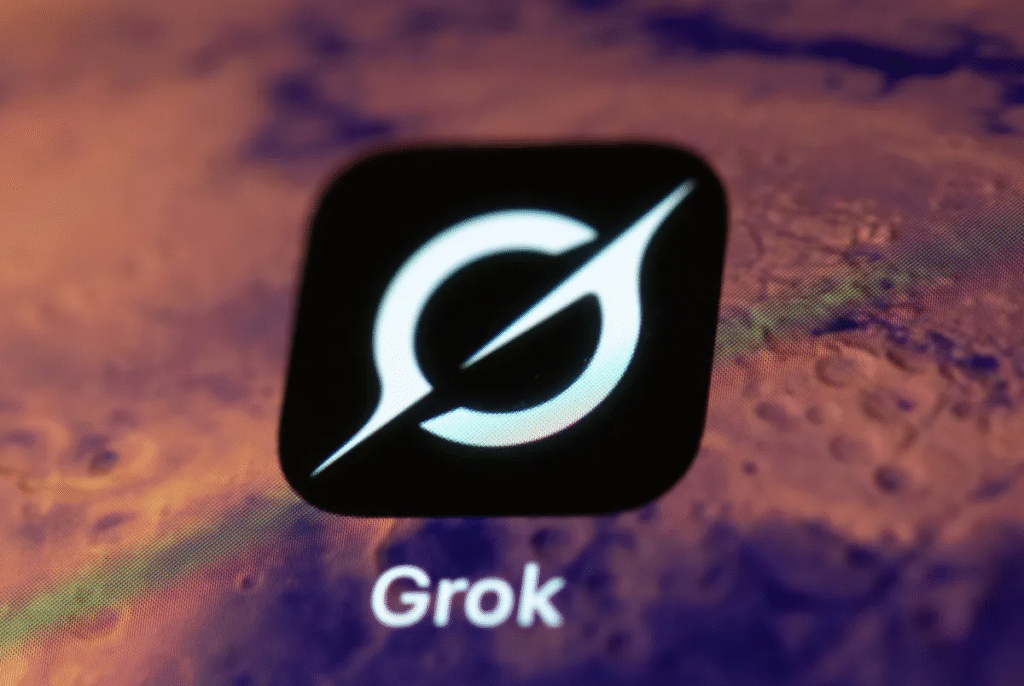GPT-5 Lands: Smarter, Faster, but Still Finding Its Footing
GPT-5 has arrived, promising sharper reasoning, faster responses, and richer multimodal skills like handling text, images, and audio with ease. OpenAI says it can now “think” more deeply when needed, switching between quick answers and in-depth analysis depending on the question. The update also boosts coding, math, and medical capabilities, while rolling out new personalization features such as built-in “personalities” and better integration with tools like Gmail and Calendar. Free users get access to the core model, while paid tiers unlock faster, more advanced versions and voice chat upgrades.

While the launch is being hailed as another step toward AGI, early feedback paints a mixed picture. Many call it a solid but evolutionary upgrade rather than a revolution, noting occasional creative missteps and factual hiccups—like inventing places or making spelling errors. Still, GPT-5’s blend of speed, adaptability, and breadth of knowledge marks a confident stride forward, even if the road to truly human-level AI remains full of twists.
Grok’s Chat Gets Monetized with a Dash of Ad Glamour
Elon Musk announced that X will soon start inserting ads directly into Grok’s AI responses, letting advertisers pitch solutions in real time based on the user’s question. The idea is that if you ask Grok how to fix your Wi-Fi, you might see an ad for a router upgrade right there in the reply. Musk said the shift is partly about covering the enormous GPU and infrastructure costs of running Grok at scale, which have surged as usage grows. He emphasized that the platform’s priority so far has been accuracy and intelligence, but monetization is now essential for sustainability.

The system will tap into xAI’s advanced targeting tools to ensure these ads feel contextually relevant and genuinely helpful, not random distractions. Musk suggested this could create a new kind of conversational commerce where recommendations are woven into answers seamlessly. By blending monetization with personalization, the move could transform Grok from a pure information tool into a revenue engine—while raising questions about how ads might influence the neutrality of its advice.
Tesla Pulls the Plug on Its In‑House AI Powerhouse
Tesla has officially scrapped its ambitious Dojo project—the in-house supercomputer designed to supercharge full self-driving. The Dojo team is being disbanded, with lead Peter Bannon exiting and others redirected to different compute-related efforts. This marks a sharp pivot away from Tesla’s long-touted dream of building its own AI infrastructure from scratch, despite the D1 chip unveiling back in 2021 and Musk’s repeated emphasis on Dojo as central to Tesla’s driverless future.

Instead, Tesla is shifting its reliance toward external partners. They recently inked a $16.5 billion deal with Samsung for manufacturing what Musk called the “AI6 inference chip,” and are leaning more heavily on NVIDIA and AMD for compute power. This strategic retreat raises questions about Tesla’s original vision, but also signals a more pragmatic approach—outsourcing the heavy lifting to those already ahead in chip design and AI infrastructure
Meta’s Bet on Emotional AI Voices Gets Louder
Meta has acquired WaveForms AI, an eight-month-old startup that had already raised $40 million at a $160 million valuation. Founded by former talent from Meta, OpenAI, and Google, WaveForms focuses on creating hyper-realistic AI voices capable of passing the “Speech Turing Test” and conveying what its founders call “Emotional General Intelligence.” The team will now join Meta’s Superintelligence Labs to push the boundaries of how naturally and emotionally machines can speak.

This is Meta’s second major AI audio move in just weeks, following its acquisition of PlayAI, signaling a serious push into advanced voice technology. By integrating WaveForms’ capabilities, Meta aims to give its AI systems not just human-like speech patterns, but emotional nuance—capturing tone, rhythm, and subtle inflections. Such technology could soon redefine interactions across Messenger, Horizon, and metaverse experiences, where conversations with AI might feel as emotionally rich as those with real people.
Siri’s New Superpower: Run Your Apps Just by Talking
Apple is working on a smarts upgrade for Siri that might let you control third-party apps using only your voice. No more tapping through menus—imagine launching, navigating, and interacting with apps while cooking or driving, hands completely free. This is a clear signal that Apple wants Siri to become truly ambient, blending seamlessly into daily life.

The move could give users smoother, more intuitive control—say a command like “order coffee in my favorite app,” and Siri just does it. Under the hood, this would mean tighter app integration and smarter voice understanding. For accessibility fans, it’s a game-changer. For developers, it means rethinking how their apps respond when Siri does the talking.
